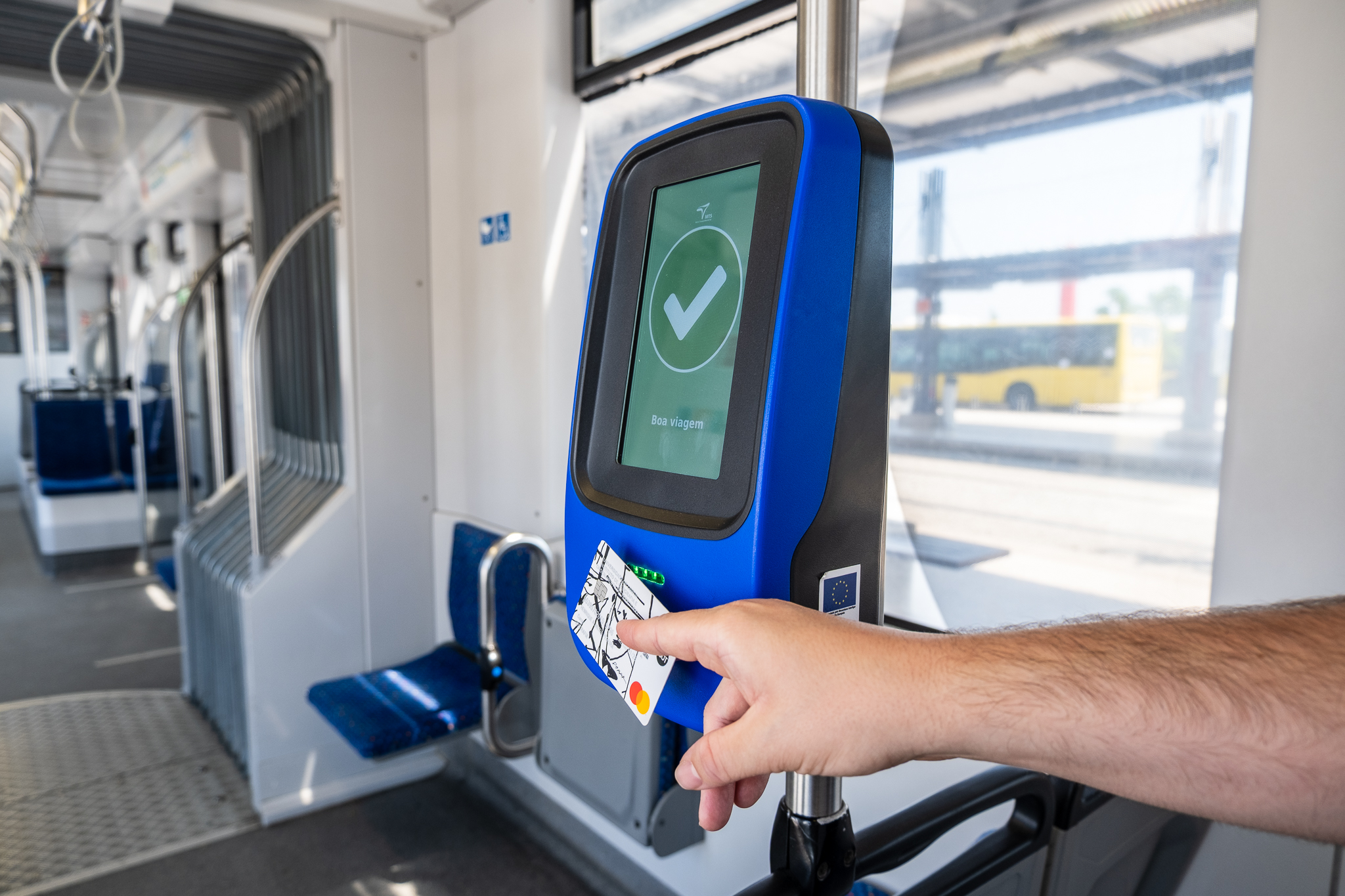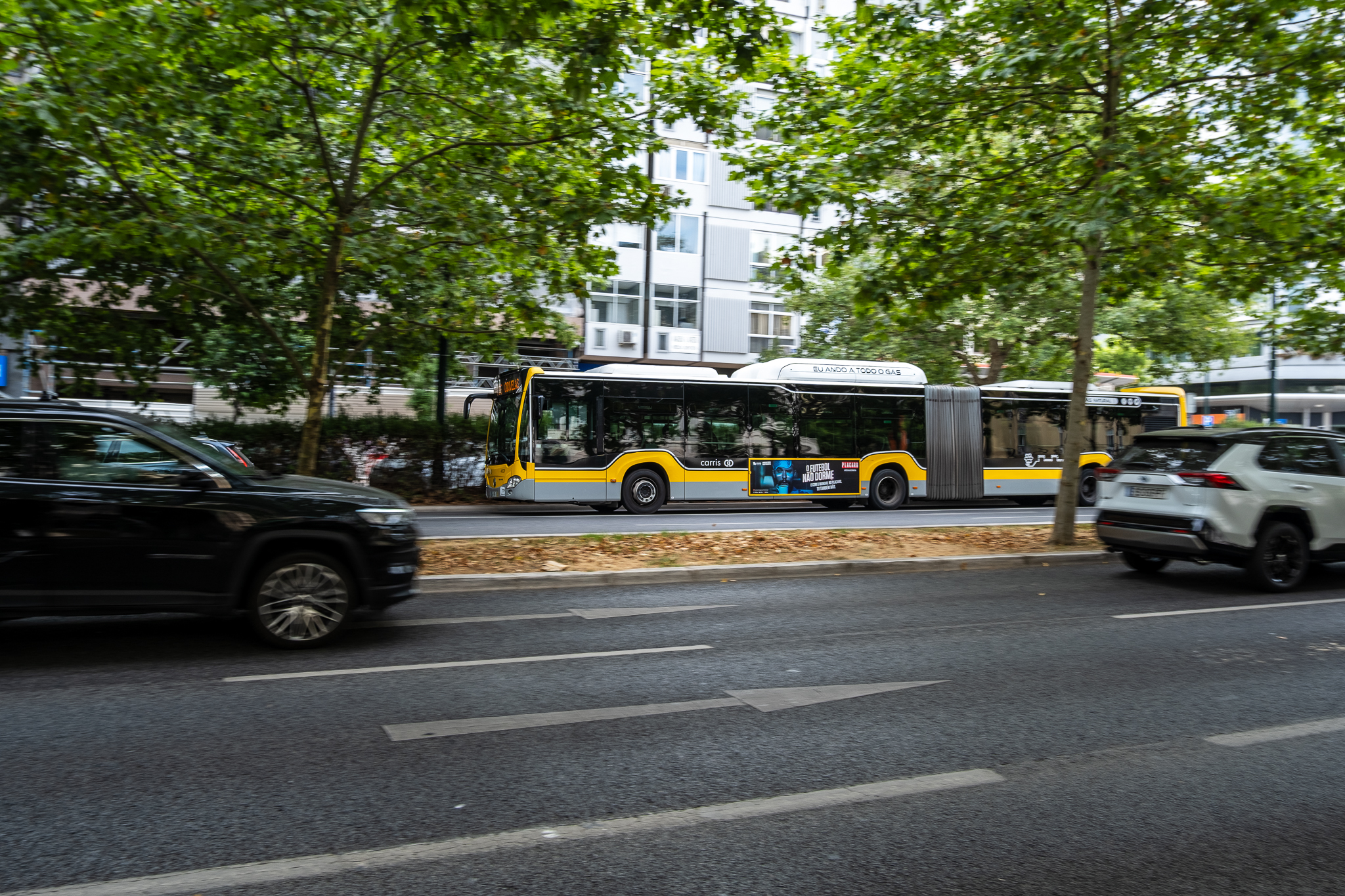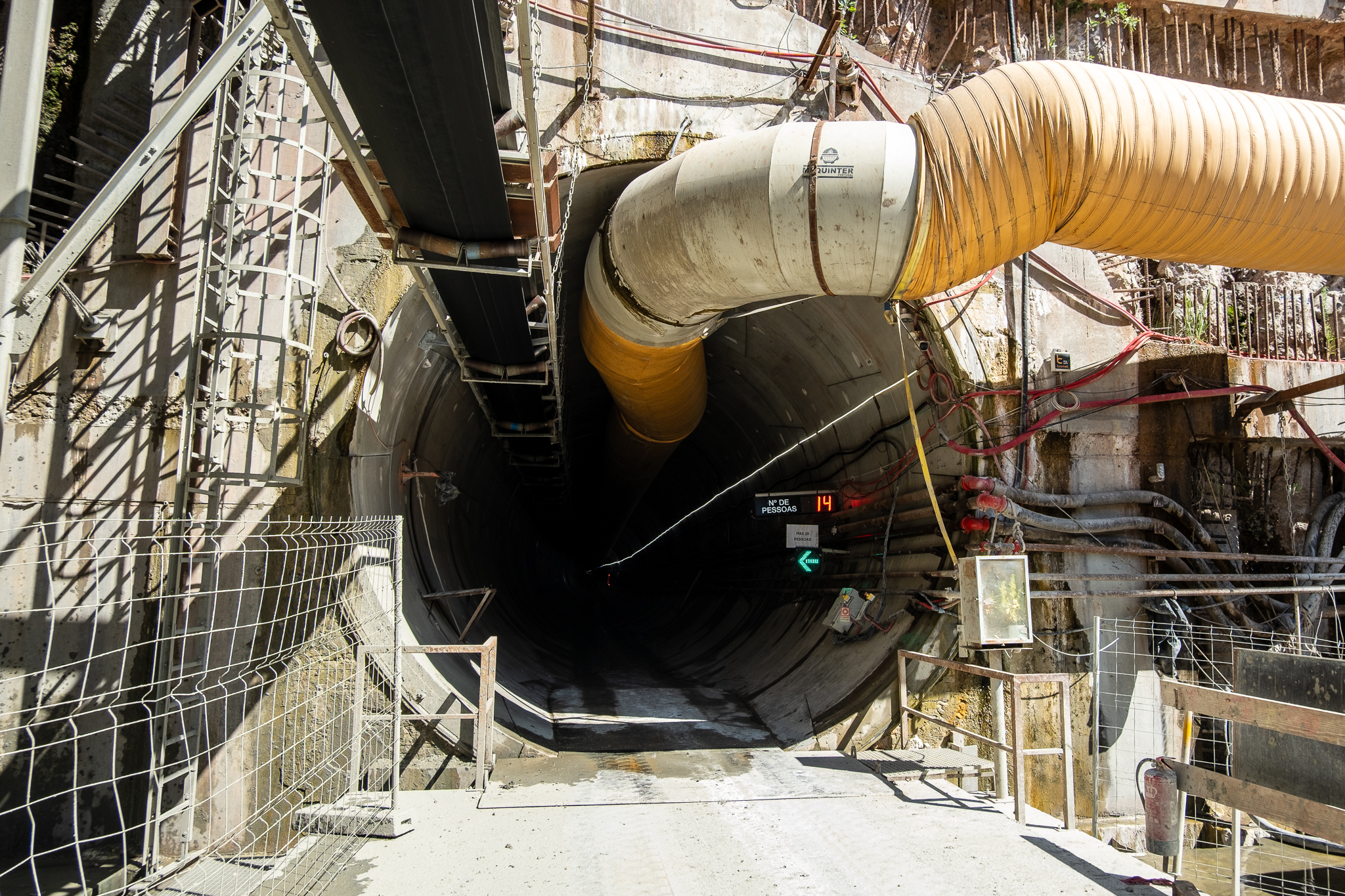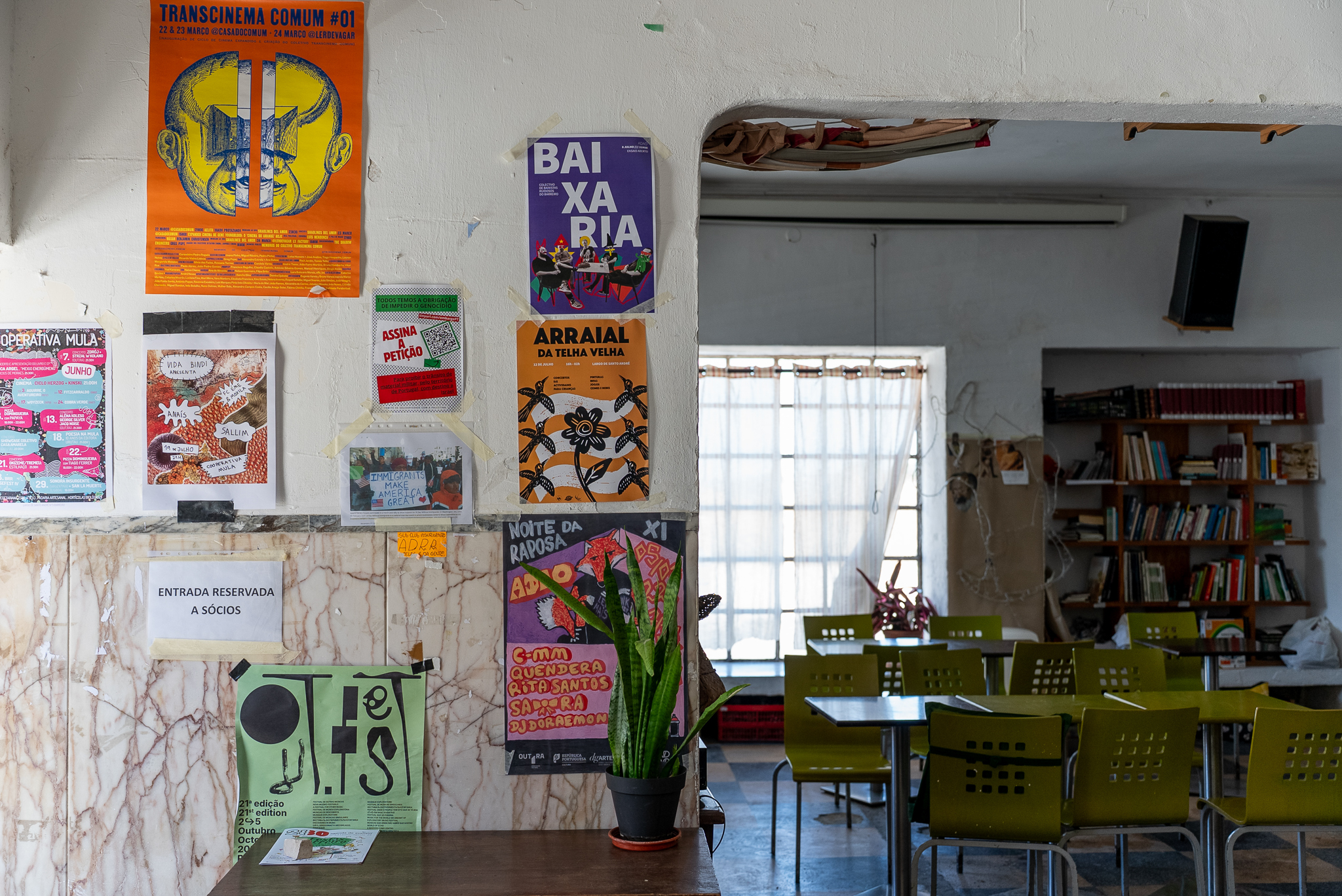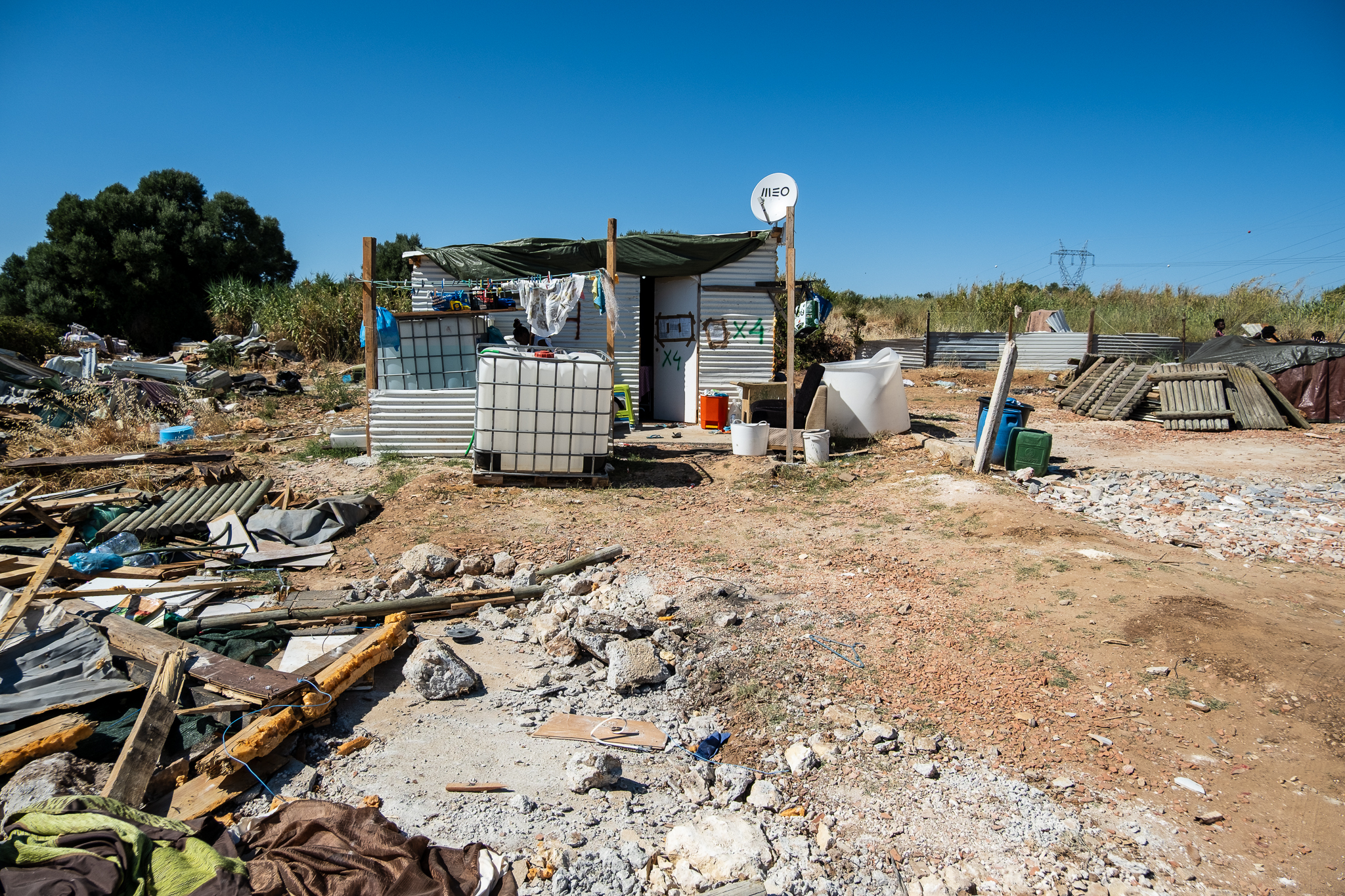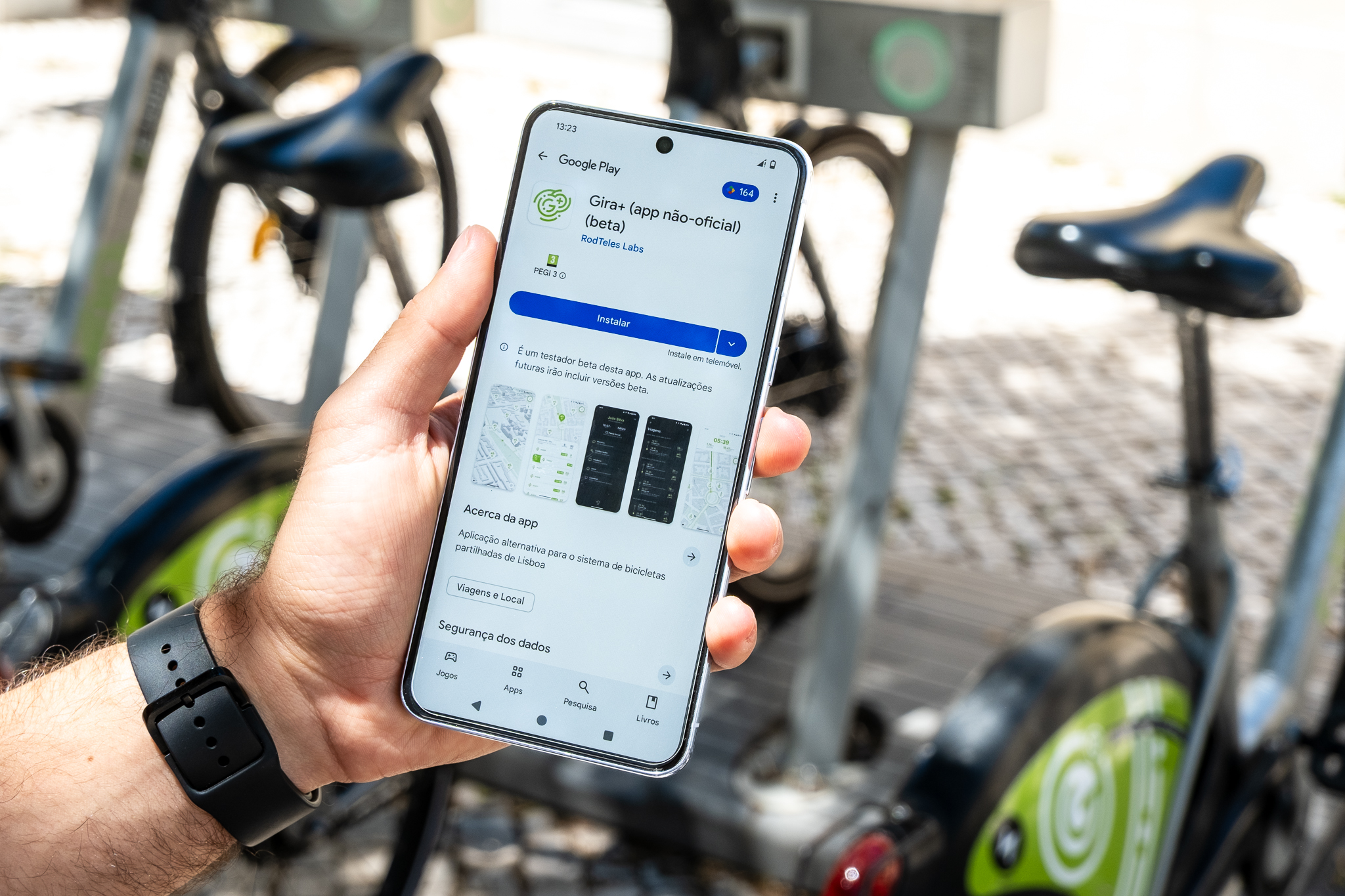Opinion Article.
The breaking of prejudices, the priority given to accessibility and the consideration of these issues by all the other players is not easy. From my own experience supporting companies in this process, there is a lot of interference from several entities that prevent quick action to improve accessibility and there are too many financial constraints that serve as an excuse for not making improvements faster.
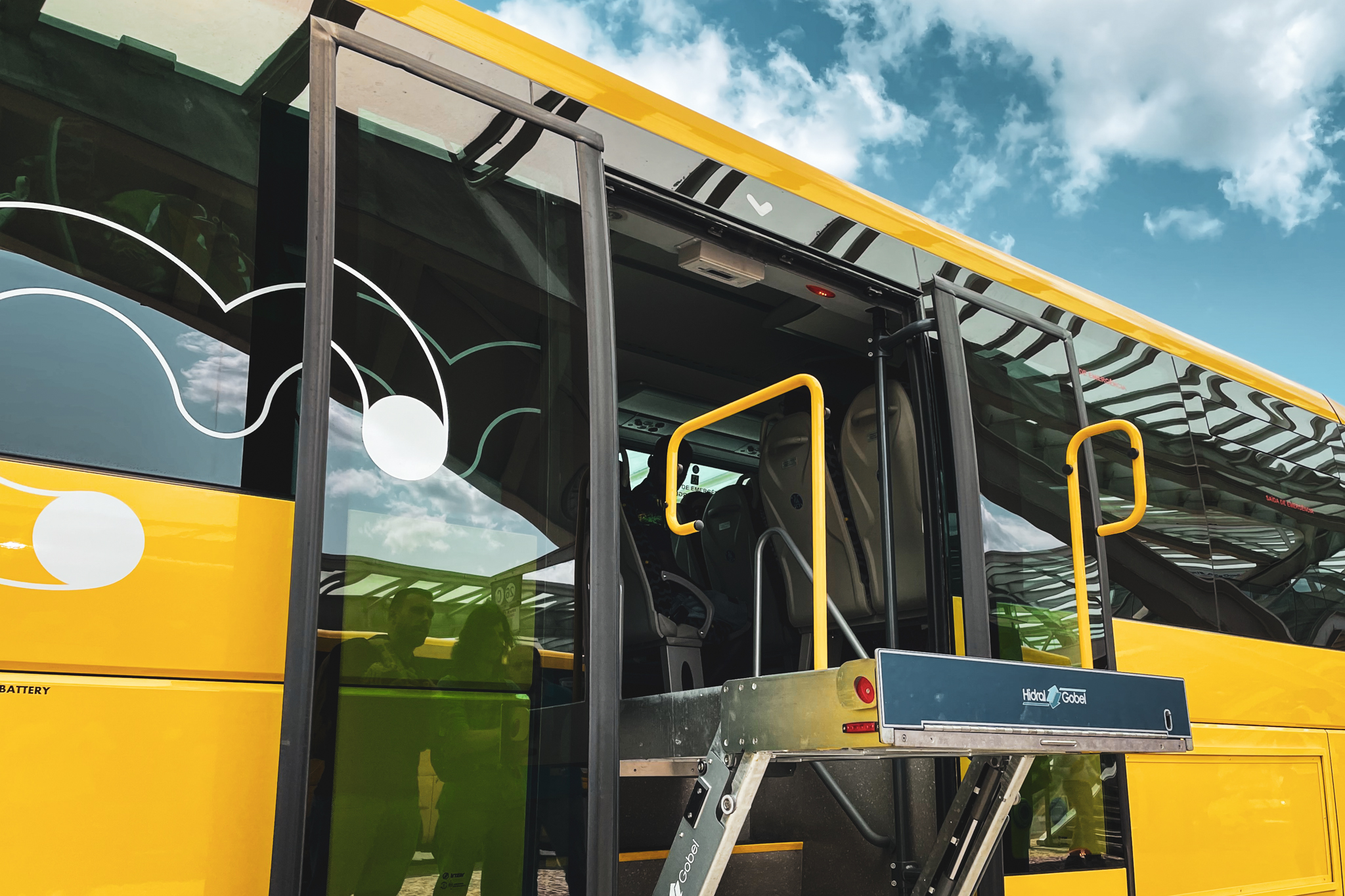
Carris Metropolitana is the biggest change ever in the public transport sector, in Portugal, since Rodoviária Nacional. The geographical scope, the size of the fleet and the complexity of bringing the entire metropolitan area into the 21st century of transportation is immense. All this dimension brought the challenge of dramatically improving the quality of public bus transportation. It had everything to go wrong, and it did. With all start-up problems of an operation that was burdened with a whole historical legacy of obsolete practices and little willingness to break with them, the Metropolitan Carris had an immensely high bar for what is normal in Portugal.
One of the challenging characteristics was and is the fleet accessibility. Before Carris Metropolitana, most of the operators' fleets within the Lisbon metropolitan area didn't have any accessibility features. In some cases they did for some passengers but not for others. One of these operators was even praised for being very good in accessibility for having installed audible warning systems in some buses; however, it did not have ramps in most vehicles.
In the process of creating Carris Metropolitana, the obligation to have the entire fleet accessible was included. All buses must have ramp or platform lift access. Not that it is new in Portugal, because some previous concessions already had this contractual feature. The novelty here is the scope of this rule: not only the urban buses (which circulate more within cities and towns), also interurban buses have the same requirement.
This obligation was not included because the various municipalities thought about people with disabilities, but because it is in the law. Until the existence of Carris Metropolitana, operators only bought accessible buses if they came from their countries of origin or if they were new. Allied to the fact that part of the fleets were second hand, with many years and kilometers on top of them, nothing has helped the quick and efficient implementation of accessibility. It was seen as a burden and an extra cost.
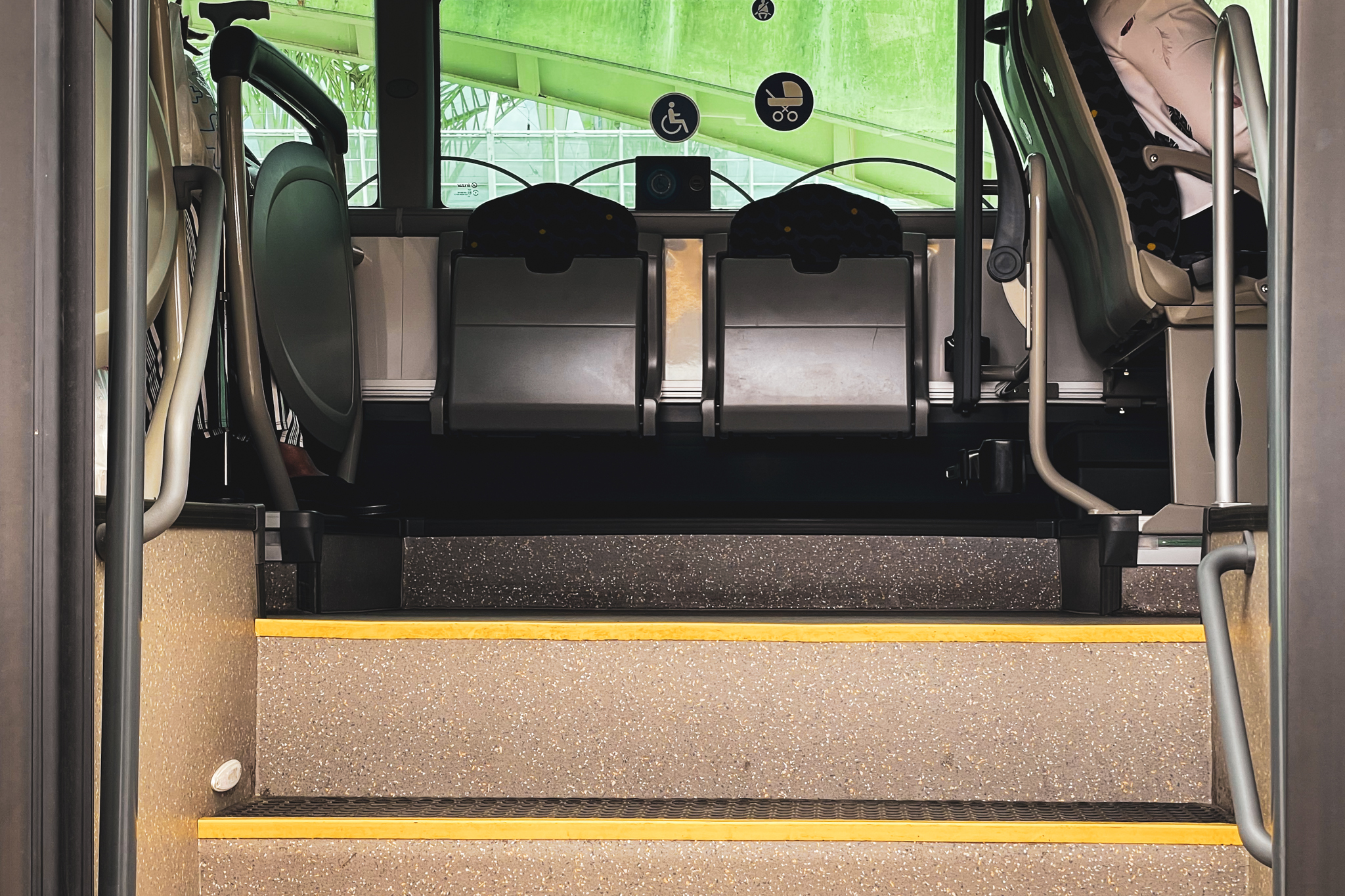
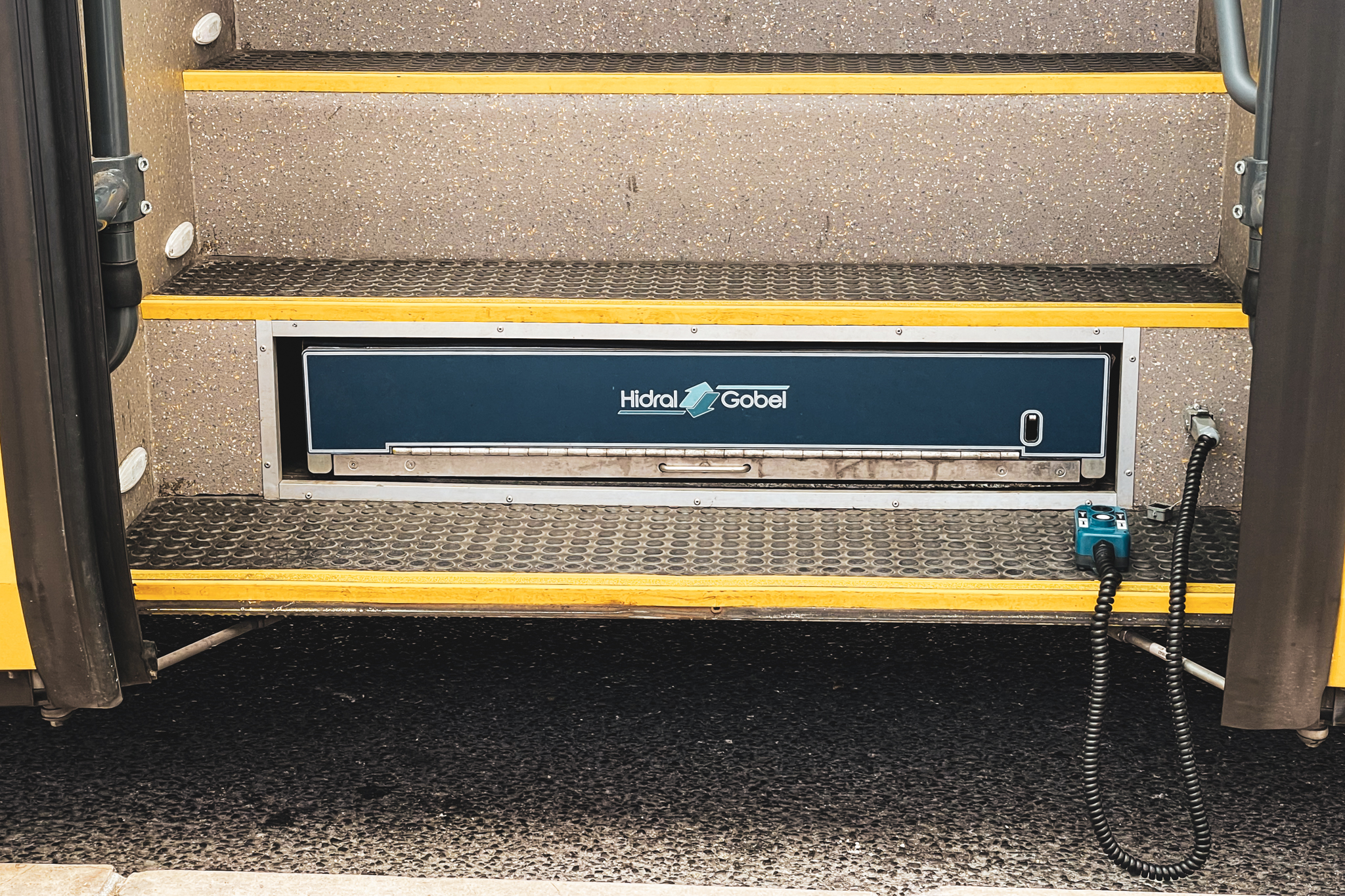
In addition, the the law is not clear about the obligation to make public transportation fleets accessible to all people: on the one hand, it says they have to be; on the other hand, it says, at the same time, that the vehicles that already exist can stay as they are.
The whole problem, including that of Carris Metropolitana, that there are still unresolved issues in full access to buses lies in the way people with disabilities are viewed by society. As a rule, we are seen as useless, few and an extra expense. Therefore, problems are generated at several levels, such as the non-inclusion of people with disabilities in the analysis process to choose the best solutions and understand what the real needs are, the poor training and not recycling this training, the low priority in repairing equipment intended for us, people with disabilities. These problems are not unique to Carris Metropolitana, they are widespread to all spheres of society.
The truth is that people with disabilities represent more than 10% of the Portuguese population, and the World Health Organization and the World Bank estimate that the world's disabled population is between 15 and 20%. Since public transportation is not only for those who live in Portugal, we have to think of a whole public that is not welcomed because accessibility is not worked on. Also according to the World Bank, the The European Union loses 700 billion Euros every year and three million jobs are not created due to lack of accessibility, only referring to tourists (including public transportation).
I have focused the issue of accessibility on the existence of ramps that allow access to the interior of vehicles, but accessibility is also information. People with sensory disabilities have to have access to reliable methods of knowing where lines/carriages pass, where buses are stopping, and what the routes are. People with intellectual disabilities have to have access to operational information in an easy and simplified way - this means that the website, the timetables posted in the street, the post-boards (plates on poles with line numbers), the screens, the audible announcements on the buses... have to work so that all people can use the public transport service without barriers.

On June 20th, Carris Metropolitana visited the Gare do Oriente bus terminal, following meetings with people from the LPP community interested in the operation of Carris Metropolitana. In this visit, which included two people with disabilities, several buses of various types were checked to verify two main parameters: 1) the existence of means of access to the buses; and 2) the preparation of the drivers for the operation of the means of access. Several issues to be worked on were identified such as the lack of access equipment on some intercity buses, the lack of quality training to operate this equipment and also to welcome disabled passengers on board, as well as the need to improve training retraining. Several other issues were also identified related to information and procedures.
The problem, in the case of Metropolitan Carris, is that it will have to go through the process that other operators are going through, and that unfortunately takes many years to work through. The breaking of prejudices, the priority given to accessibility and the consideration of these issues by all the other players is not easy. From my own experience supporting companies in this process, there is a lot of interference from several entities that prevent quick action to improve accessibility and there are too many financial constraints that serve as an excuse for not making improvements faster.
For us, people with disabilities, every minute that passes without working on these issues is another minute in an already long wait for a country that is accessible to all people, regardless of their motor conditions, something promised more than 30 years ago.

